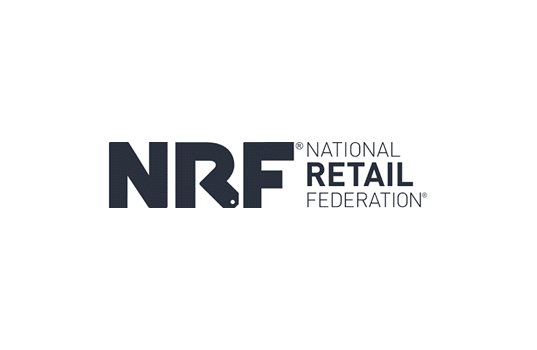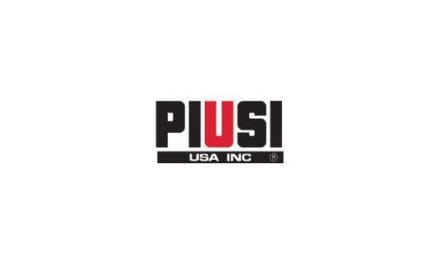The National Retail Federation asked the House to reject legislation set for a vote that would bring together a wide range of long-debated measures intended to expand the power of labor unions. [Note: It passed the House but is expected to die in the senate.]
“The PRO Act seeks to fundamentally redefine labor relations by codifying radical proposals that have been rejected by the courts, the agencies charged with administering them, and/or Congress,” NRF Senior Vice President for Government Relations David French said. “Extreme provisions included in this bill overturn well-established law and put the interests of labor unions before the rights of employees and employers.”
French’s comments came in a letter to members of the House, which is expected to vote this afternoon on the Protecting the Right to Organize Act.
The PRO Act is a union wish list of more than 30 proposals including “card check” union-organizing elections where workers would lose their right to a private ballot in many cases, reversal of state right-to-work laws, forced disclosure of private employee information to unions, expansion of “joint employer” status that can make a company responsible for the actions of its subcontractors or franchisees, adoption of California’s controversial “ABC test” for classifying workers as either employees or independent contractors, “ambush” elections giving little notice to employers and formation of “micro” unions within a single department of a company. Many of those and other provisions have been previously rejected by Congress, or adopted by Congress or federal agencies only to be overturned in the courts.
Over the past several years, NRF has worked with the White House and Congress and in court to oppose many of the provisions included in the PRO Act when they were first proposed as standalone initiatives.
Instead, NRF supports workplace rules that promote workplace flexibility and economic growth while opposing onerous policies that intrude on business operations, undermine employees’ rights and lead to unnecessary costs for retailers.









